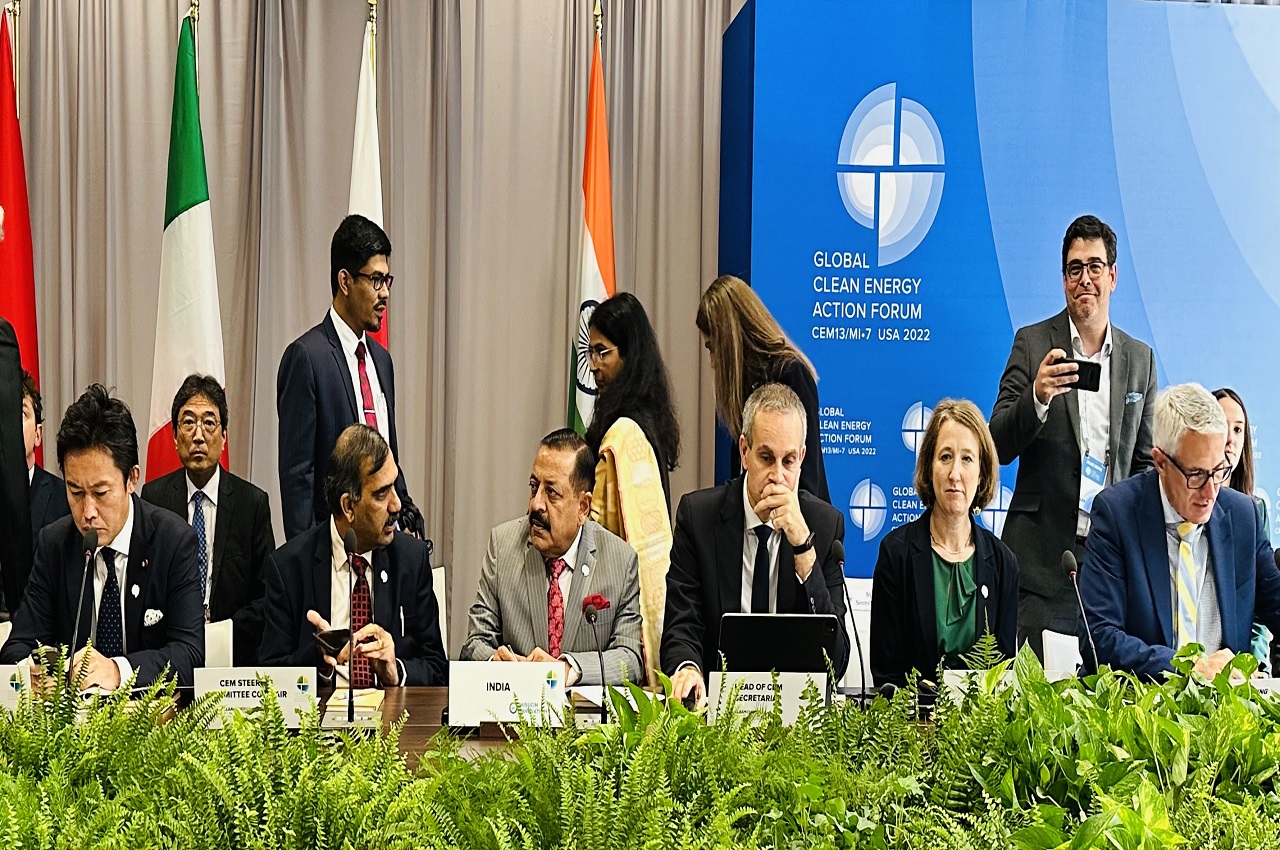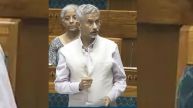Pittsburgh, US: India is committed to achieve 500 GW of installed electricity capacity from non-fossil fuel sources by the year 2030, Union Minister Jitendra Singh said on Saturday.
Reiterating India’s commitment to a low-carbon future by accelerating clean energy innovations, Singh, Minister for Science and Technology, said that the country will reduce the projected emissions by one billion tonnes from now to 2030.
India announces launch of the “Innovation Roadmap of the Mission Integrated Biorefineries” developed by co-leads & active inputs from Brazil, Canada, EC & the UK at Global Clean Energy Action Forum 2022 at Pittsburgh, in the United States. @DrJitendraSingh @IndiaDST @DBTIndia pic.twitter.com/g0Aw0E1bax
— DD News (@DDNewslive) September 24, 2022
---Advertisement---
India is seeking to meet the country’s massive energy demand with innovative clean energy innovations and programs, Singh said addressing the Joint Ministerial Plenary of Clean Energy Ministerial (CEM13) and Mission Innovation (MI-7) at the “Global Clean Energy Action Forum 2022”, at Pittsburgh, Pennsylvania US, Ministry of Science & Technology said in a statement.
Singh, who is leading a high-level Joint ministerial delegation, informed the Energy and Environment Ministers from 30 countries that India’s energy-mix strategies include a larger shift toward clean energy alternatives, increased manufacturing capacities, energy use efficiency, and a policy push for hydrogen including production-linked incentives.
In addition, the emerging technologies like 2G Ethanol Pilot, Comfort climate box for tropical regions, Hydrogen Valleys, Heating and cooling virtual repository, are all on the table, the minister emphasized.
India has developed a Roadmap and a strategy for a Bio-based economy which is inching towards 150 billion USD by the year 2025, the minister said.
He said, this will facilitate infrastructure for Bio-manufacturing of low-carbon bio-based products. Recently, India has also launched the National Hydrogen Energy Mission to enable cost competitive green hydrogen production.
Singh said that the government of India through Public -Private partnerships is ensuring the funding for clean energy innovations as envisioned under Mission Innovation 2.0.
The minister acknowledged that the Clean Energy Ministerial (CEM) setup has been able to provide a unique opportunity for India to showcase its contribution to clean energy development nationally & internationally.
He quoted some major CEM initiatives which includes CEM’s Global Lighting Challenge(GLC) campaign, Street Lighting National Programme, Unnat Jyoti by Affordable LEDs for All (UJALA) program, The One Sun-One world -One Grid Initiative which was first floated by the Prime Minister of India to harness tremendous potential of solar energy, the statement said.
The Minister for Science and Technology concluded by announcing that India will be hosting MI & CEM in 2023 alongwith its Presidency of G-20 in the same year.













